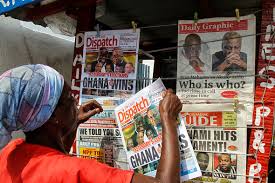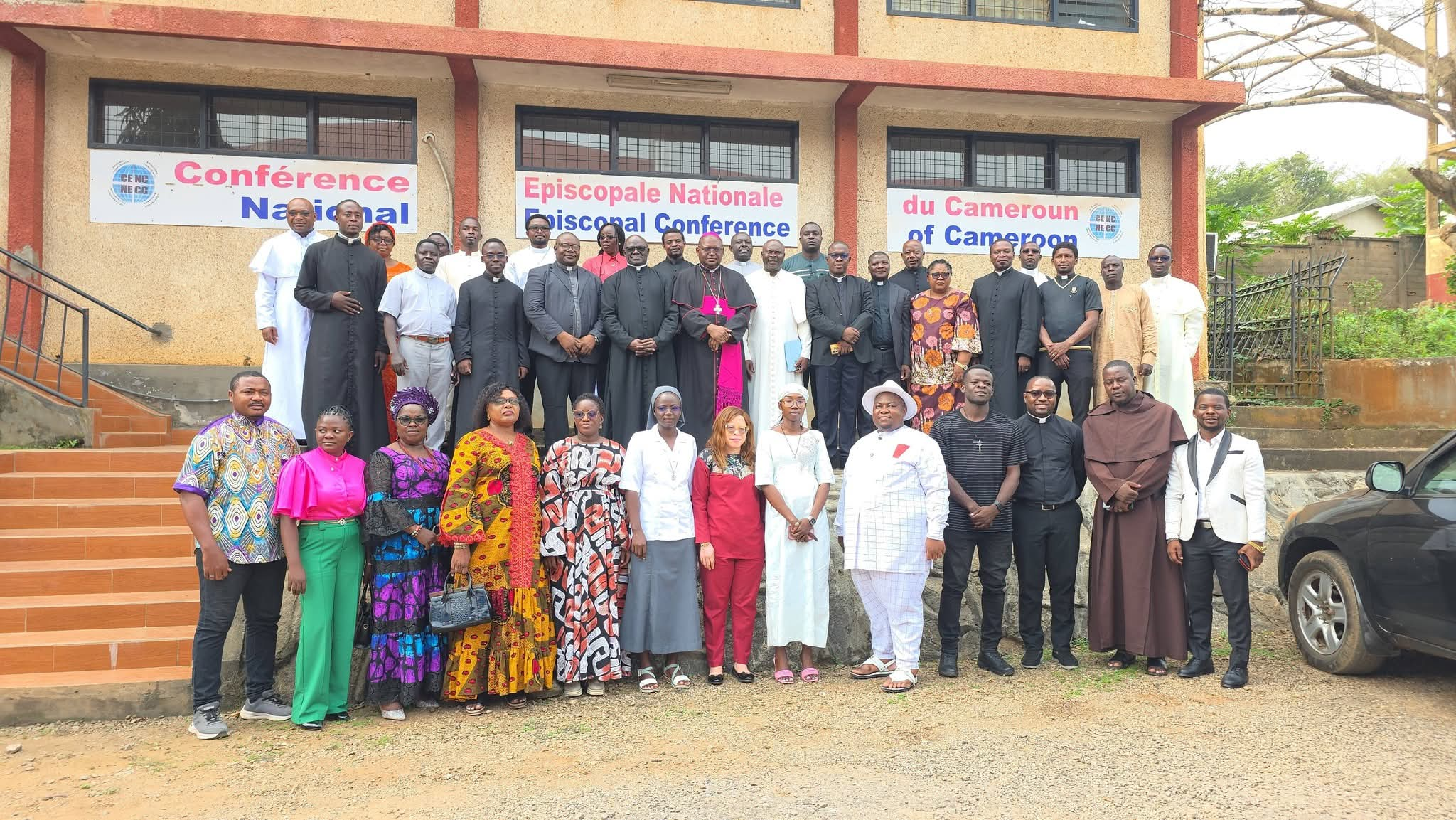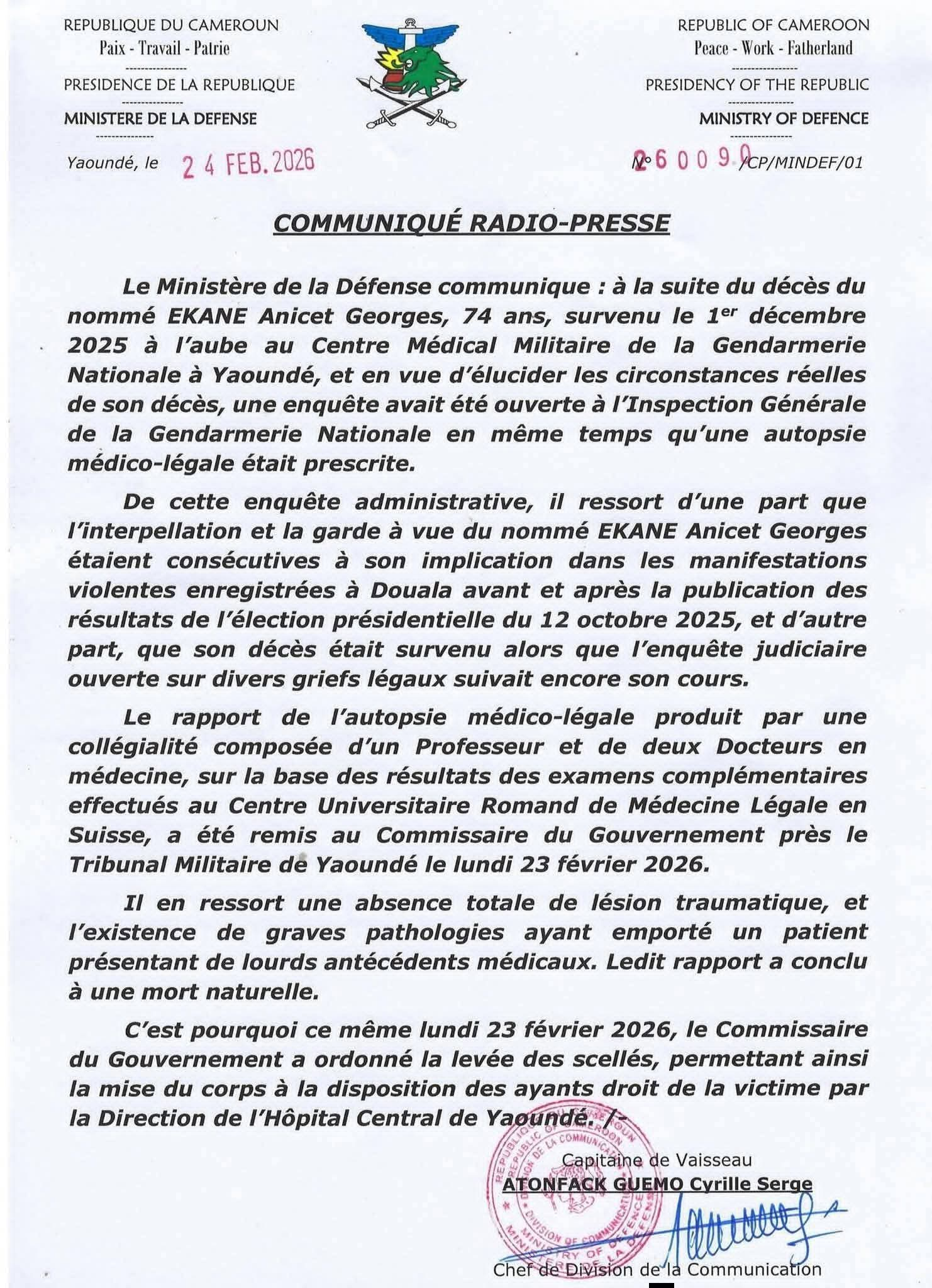The assurance by the Director of Financial Markets at the Bank of Ghana (BoG), Stephen Opata that the impact of the Gold-for-Oil policy will be felt at the pumps only if the country is able to import about 50 per cent of fuel consumption through the policy is one of the leading stories in the Ghanaian press on Friday.The Graphic reports that the impact of the Gold-for-Oil policy will be felt at the pumps only if the country is able to import about 50 per cent of fuel consumption through the policy, the Director of Financial Markets at the Bank of Ghana (BoG), Stephen Opata has said.
He said the first consignment of the fuel shipment under the policy represented just about 20 per cent of national consumption; hence, its inability to make any difference in the pump prices.
In an interview on the sidelines of the MPC press conference, he said as the programme gained momentum, Ghanaians would begin to see the impact on prices of petroleum products at the pumps.
“The quantity brought in was about 20 per cent of diesel consumption. As we buy more quantities and the programme gains momentum, we will see the impact at the pumps. If we start buying about 50 per cent of the consumption through the policy, then we will start seeing the impact.
“I expect that in February if we are able to pick up the momentum, then we will see that the purchasing mix will be tilted more towards the gold for oil and, therefore, if we are efficient with it, then it will start impacting at the pumps,” he stated.
Some Oil Marketing Companies (OMCs) have started increasing prices of petroleum products at the pumps from Wednesday, February 1, 2023.
GOIL is now selling a litre of petrol at GH¢15.25, from the previous ¢13.60, with diesel also selling for GH¢15.90 per litre, up from GH¢15.52.
The newspaper says that Ghana has lost about 30-40 per cent of its natural wetland ecosystem since 1970s, according to the Executive Director of the Wildlife Division of the Forestry Commission, Mr Bernard Asamoah-Boateng.
That, he said, there is an urgent need to embark on restoration of wetlands to offer the critical services they provide to the environment, as well as to continue to support many livelihoods.
“Wetlands play a critical role and they are part of development,” he noted, adding “It is time that we restore our wetlands if we can perpetuate our existence on this earth.”
Mr Asamoah-Boateng made the remarks when the Wildlife Division marked this year’s World Wetland Day at the Densu Delta Ramsar site in Accra on Thursday, February 2, 2023.
February 2nd each year is celebrated as the World Wetland Day to raise global awareness about the vital role of wetlands in the sustenance of our ecosystem and support for livelihood.
This year’s celebration was held on the theme: “It’s time for wetland restoration.”
Mr Asamoah-Boateng said the theme was in alignment with the UN Decade on Ecosystem Restoration, saying “It is important that we maintain our wetland ecosystem.”
For him, many people’s livelihoods depend on wetlands and that it would be dire should the country look on for its wetlands to be destroyed by some individual developers and encroachers.
“The consequences of the destruction of wetlands are clear for everyone to see”, he noted, pointing out that more than more than 80 per cent of wetlands have been lost since the 1700s.
He expressed the concern that currently, urbanisation and its negative consequences were taking a toll on Ghana’s wetlands.
The Ghanaian Times reports that Ghana has begun assembling Cash-in-Transit (CIT) armoured vehicles to make the transportation of bulk money by banks in the country robust and secure against robbery attacks.
Currently, the first four vehicles fitted by DIHOC- KENAKI Manufacturing Company Limited (DIKMAC) at its armoured vehicle assembling plant at Burma Camp in Accra, are ready to be deployed for use.
DIKMAC is a joint venture company (JVC) between the Defence Industries Holding Company Limited (DIHOC), the private commercial entity of the Ghana Armed Forces (GAF) and Kenaki Manufactur¬ing Company Limited.
This came to light on Wednesday when President Nana Addo Dankwa Akufo-Ad¬do inspected the vehicles as part of inauguration, sod cutting and handing over activities ahead of the 2022 end-of-year get togeth¬er of the GAF.
In an interview with the Ghanaian Times, the DIKMAC Managing Director, Kenneth Akibate, said the vehicles would soon be on the roads as a bank had arranged to get one.
He recalled that the JV was meant to assemble armoured vehicles and other defence and security equipment for the GAF and other security forces within the region.
“However, the exigency finding a solution to attacks on Bullion Vans by armed robbers, led to the necessary interven¬tion to assemble here in this plant locally Armoured Bullion Vans to help protect lives of the police escorts, bank workers and also safeguard cash and other valuables in transit,” he added.
In the last three years, there have been series of bullion van attacks that has claimed several lives including a police officer on duty in one of the vehicles with many others injured.
Mr Akibate said the Kenaki team, through its networks obtained technical backing of the biggest State-owned Defence Industrial Complex in Israel, the Israel Aerospace Industries (IAI) to set up the plant.
The newspaper says that the Minister of Education, Dr Yaw Osei Adutwum, has assured that Ghana will leverage the success of the USAID Partnership for Education Learning (Learning) project to transform education in the country.
He said investing in improving literacy of the future remained the surest way of changing the fortunes of this country, and the government would work to ensure that gains made under the programme were sustained.
Dr Adutwum gave the assurance during the National Close-out ceremony for USAID Partnership for Education Learning in Accra yesterday.
Learning is a nine-year project aligned with the USAID’s global goal of “all children reading” that supported the Ministry of Education and its affiliated institutions to improve reading performance for early grade pupils.
It was implemented by the FHI360 through four main programmes including; the Early Grade Reading Programme (EGRP), the Transition to English (T2E) Programme, the National Reading Radio Programme (NRRP), and the T2Eplus.
The project valued at $96.6million commenced in 2014 and saw to the printing of Learning English teaching and learning materials for non-T2E plus Schools.
Dr Adutwum said it was important that every child in this country irrespective of where they found themselves were given the opportunity to succeed.
He said “I believe that the better days of this nation are ahead of us and not behind us. If we leverage on what we learn from these partnerships especially the partnership that we are celebrating today, we will create a more equitable society through education.”
The minister said as “USAID steps out and the country steps up,” managers of the educational systems must know that it was all about accountability and all about outcomes and the process of orientation must end, stressing that “It is no longer tenable to say, I am managing a system, and we have to produce outcomes.”
He said the country could no longer wait for the process of orientation to continue, adding that “we need to account to the people of Ghana that we are transforming the fortunes of our nation through education.”




